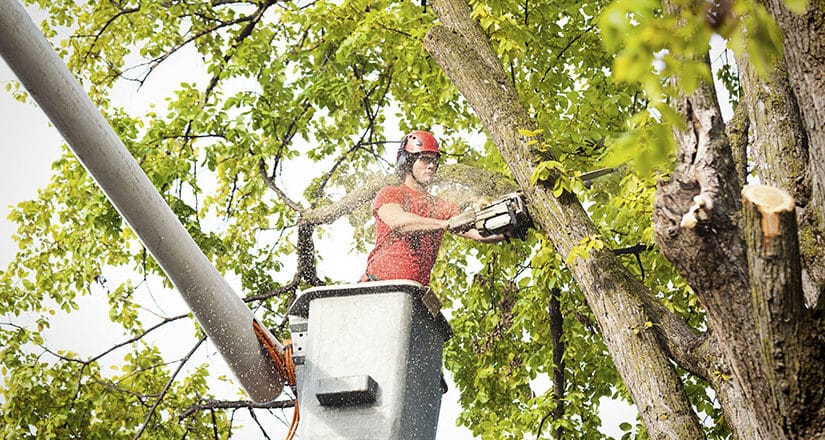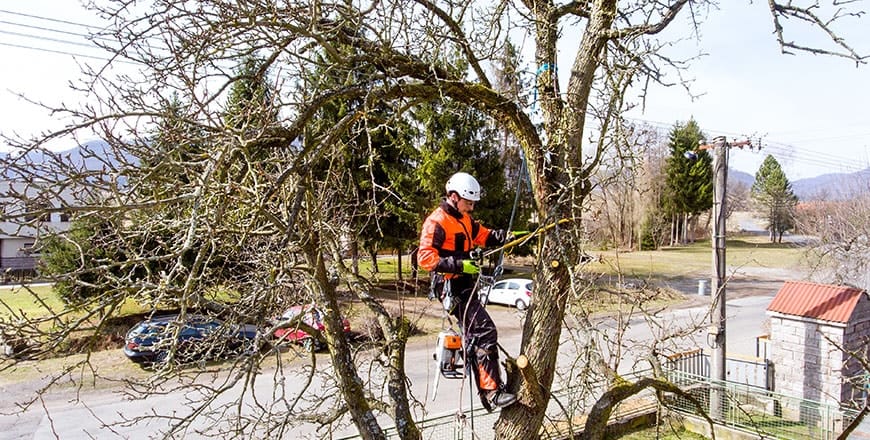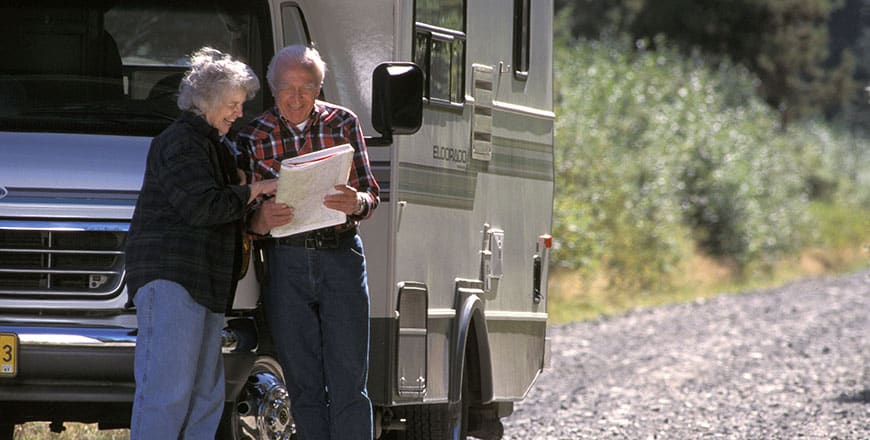Do you live in storm-prone areas? According to arborist services providers, there are plenty of dangers that come with having trees in stormy areas.
What are the dangers of having trees in stormy areas?
One of the dangers is that the trees can fall on your property. Do your trees have extra-large branches? The branches can easily get cut off and fall on your property. What would be the effect of this? You can be hurt or even die in the process.
When the branches fall on the property, the obvious impact is the property can get damaged which will be an extra expense on your side.
Other than branches, the soil can be weakened by the heavy rains putting the tree at the risk of falling over. The impact of the entire tree falling on your property is even greater as it causes greater damage.
How can you prepare the trees for the stormy season?
Fallen branches, split trunks, and even uprooted trees are common after bad storms. The cool thing is that there are a number of things you can do to prevent the trees from getting excessively damaged. Some of these things include:
Prune the trees: As you might have guessed, tree pruning reduces the size of the branches, which reduces the contact area that the trees have with the storm. As a result of this, the trees are able to withstand the strong winds.
When pruning the trees ensure that you follow the right procedures. This calls for you to avoid leaving excessively large pieces of branches that would be problematic in the future. If the trees are small, you can go ahead and prune them by yourself but if they are larger and pose great danger, have them pruned by an expert.
Take care of the roots: As mentioned above, it’s not uncommon to find completely uprooted trees during storms. This comes about partly due to poor root systems and poor soil. In preparation for the storm, you should completely cover the roots of the trees. This is to reduce the chances of them getting uprooted.
There are some trees that have properly developed root systems; therefore, they are more likely to do well in stormy areas. You should plant those. This calls for you to get rid of the trees with weak systems. Regardless of how good they look, you should get rid of them.
Proper tree root care shouldn’t happen only when you are looking to protect yourself and property from storms. You should do it for the entire year round. This calls for you to apply manure on the roots to make them stronger among many other things.
Protect the trees from lightning: Other than strong winds, lightning is also very common during storms. To protect the trees from lightning you should consider installing an electrical conduction system with a copper conductor that will take the electric charges and channel them to the ground.
You should note that not anyone can install the lightning protection system—it can only be done by an expert. This calls for you to hire an experienced professional to help you with the work.
Arborists also recommend that you get rid of older, mature trees that are often taller than other trees.
Are there other storm preparation tips?
Yes, they are there. They include:
Always ensure that the tree limbs aren’t near and don’t touch the power lines. This is because the storms can blow the trees into the power lines, which can be excessively dangerous to everyone in the area.
You should always check the nature of the soil. Is it too loose or gravelly? If it is, you have something to worry about as the trees can be easily uprooted. You should place soil that holds water much better around the tree roots. Be cautious that the soil isn’t too compacted.
Even before the storms begin, tree services Bethesda providers recommend that you keep an eye on how the trees respond to mild winds. If the branches are blowing heavily, consider trimming them to avoid catastrophes in the future.
For you to be certain that everything is running properly, have an experienced arborist visit your home and inspect the nature of the trees. It’s only after the inspection that you should have peaceful sleep knowing that you are fully protected.

















